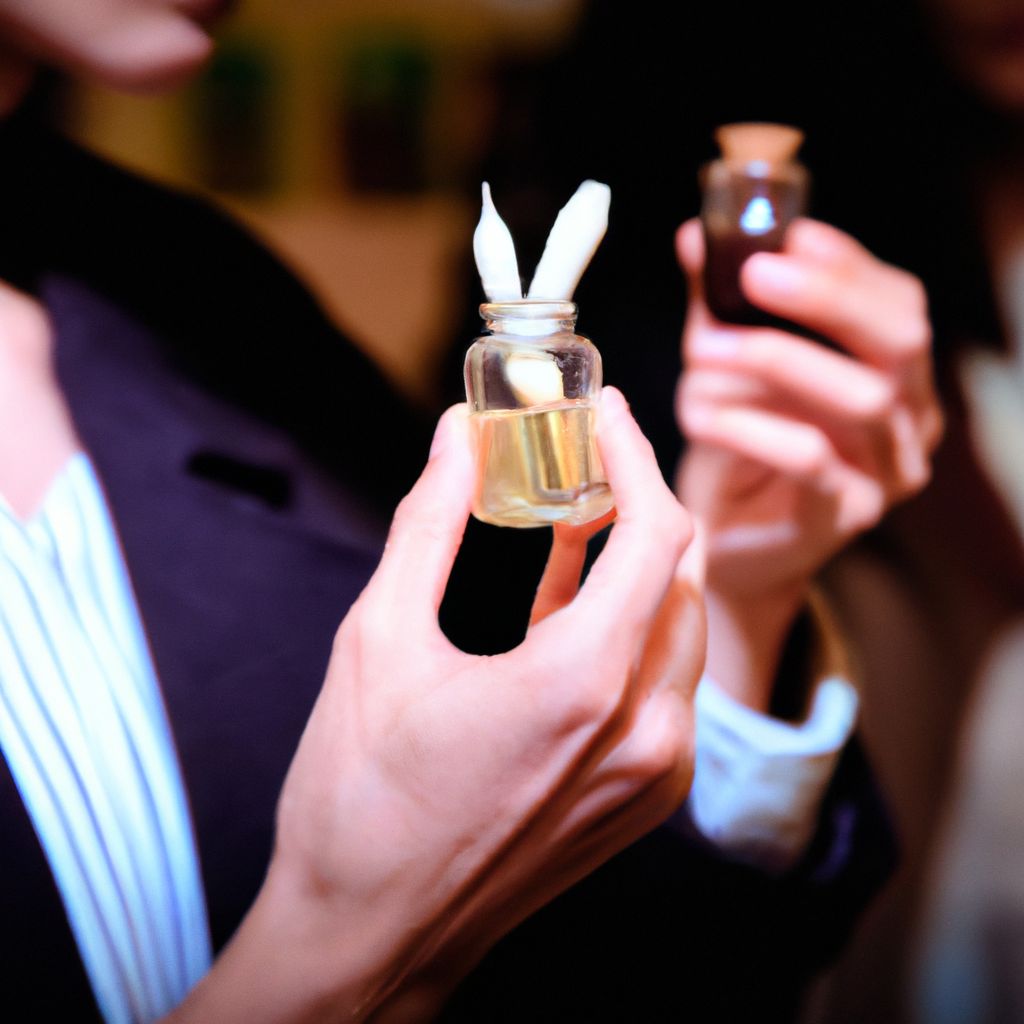Aceites esenciales vs. fragancias sintéticas cuál es mejor para tu perfume
Essential Oils vs. Synthetic Fragrances: Which Is Best for Your Perfume? When you start creating homemade perfumes, one of the first decisions you must make is: should you use natural essential oils or synthetic fragrances? Both options have advantages and disadvantages, and the choice depends on the type of perfume you want to make, your budget, and your personal preferences. In this article, I'll explain, in simple terms, the difference between these two types of scents and which one may be best for you. What are essential oils? Essential oils are extracted directly from plants, flowers, fruits, or roots. They are obtained through natural methods such as distillation or cold pressing. Characteristics: 100% natural They have therapeutic and emotional properties (as in aromatherapy) Each oil is unique and complex Their aroma may vary slightly between batches Common examples: Lavender  Lemon Eucalyptus Rose Peppermint Sandalwood Advantages: They are natural and gentler on the skin They provide additional benefits (relaxation, concentration, etc.) Ideal for soft, fresh, and personal fragrances Disadvantages: More expensive (a small amount can cost a lot) Not all scents come in natural versions (for example, strawberry, melon, or cotton candy cannot be extracted naturally) Shorter scent duration in some cases What are synthetic fragrances? Synthetic fragrances are laboratory-created aromatic compounds that mimic or combine natural or completely new scents. Characteristics: They don't come from nature They are usually composed of multiple aromatic molecules More stable and uniform than essential oils Common examples: Sweet vanilla (like baking) Caramel Cotton candy Perfumes inspired by well-known brands “Fantasy” scents like bubblegum, children's cologne, etc. Advantages: Much more economical Virtually unlimited variety of scents The scent lasts longer on skin or clothing You can easily replicate commercial perfumes Disadvantages: They are not natural and may contain allergens They have no therapeutic properties Some people consider them “less authentic” Which is best for you? It depends on what you're looking for: If you want... Choose... A natural, gentle, and therapeutic perfume. Essential oils Replicate commercial scents. Synthetic fragrances Perfumes without chemical ingredients. Essential oils A wide variety and creative options. Synthetic fragrances A fragrance that lasts for many hours. Synthetic fragrances A simple scent to relax. Essential oils Tip: You can combine them! Many people use essential oils as a base and add a few drops of synthetic fragrance for a special touch. Where to buy? Essential oils: at herbalists, organic stores, or specialized online stores. Make sure they are 100% pure. Synthetic fragrances: at cosmetic supply stores, perfumeries, or soap stores. Look for those labeled as “suitable for cosmetic use.” Precautions Both oils and fragrances should be used with care: Do not apply them directly to the skin undiluted. Perform creating fragrances before using a new perfume. Follow the recommended proportions in the recipes to avoid irritation. Conclusion There's no one right answer. Both essential oils and synthetic fragrances have their place in the world of home perfumery. You can choose based on what you're looking for: naturalness, longevity, variety, or price. And if you like to experiment, try both! Up for a spin? Start with two or three essential oils and a fun synthetic fragrance. That way, you'll see which style you like best for your own creations.
Lemon Eucalyptus Rose Peppermint Sandalwood Advantages: They are natural and gentler on the skin They provide additional benefits (relaxation, concentration, etc.) Ideal for soft, fresh, and personal fragrances Disadvantages: More expensive (a small amount can cost a lot) Not all scents come in natural versions (for example, strawberry, melon, or cotton candy cannot be extracted naturally) Shorter scent duration in some cases What are synthetic fragrances? Synthetic fragrances are laboratory-created aromatic compounds that mimic or combine natural or completely new scents. Characteristics: They don't come from nature They are usually composed of multiple aromatic molecules More stable and uniform than essential oils Common examples: Sweet vanilla (like baking) Caramel Cotton candy Perfumes inspired by well-known brands “Fantasy” scents like bubblegum, children's cologne, etc. Advantages: Much more economical Virtually unlimited variety of scents The scent lasts longer on skin or clothing You can easily replicate commercial perfumes Disadvantages: They are not natural and may contain allergens They have no therapeutic properties Some people consider them “less authentic” Which is best for you? It depends on what you're looking for: If you want... Choose... A natural, gentle, and therapeutic perfume. Essential oils Replicate commercial scents. Synthetic fragrances Perfumes without chemical ingredients. Essential oils A wide variety and creative options. Synthetic fragrances A fragrance that lasts for many hours. Synthetic fragrances A simple scent to relax. Essential oils Tip: You can combine them! Many people use essential oils as a base and add a few drops of synthetic fragrance for a special touch. Where to buy? Essential oils: at herbalists, organic stores, or specialized online stores. Make sure they are 100% pure. Synthetic fragrances: at cosmetic supply stores, perfumeries, or soap stores. Look for those labeled as “suitable for cosmetic use.” Precautions Both oils and fragrances should be used with care: Do not apply them directly to the skin undiluted. Perform creating fragrances before using a new perfume. Follow the recommended proportions in the recipes to avoid irritation. Conclusion There's no one right answer. Both essential oils and synthetic fragrances have their place in the world of home perfumery. You can choose based on what you're looking for: naturalness, longevity, variety, or price. And if you like to experiment, try both! Up for a spin? Start with two or three essential oils and a fun synthetic fragrance. That way, you'll see which style you like best for your own creations.